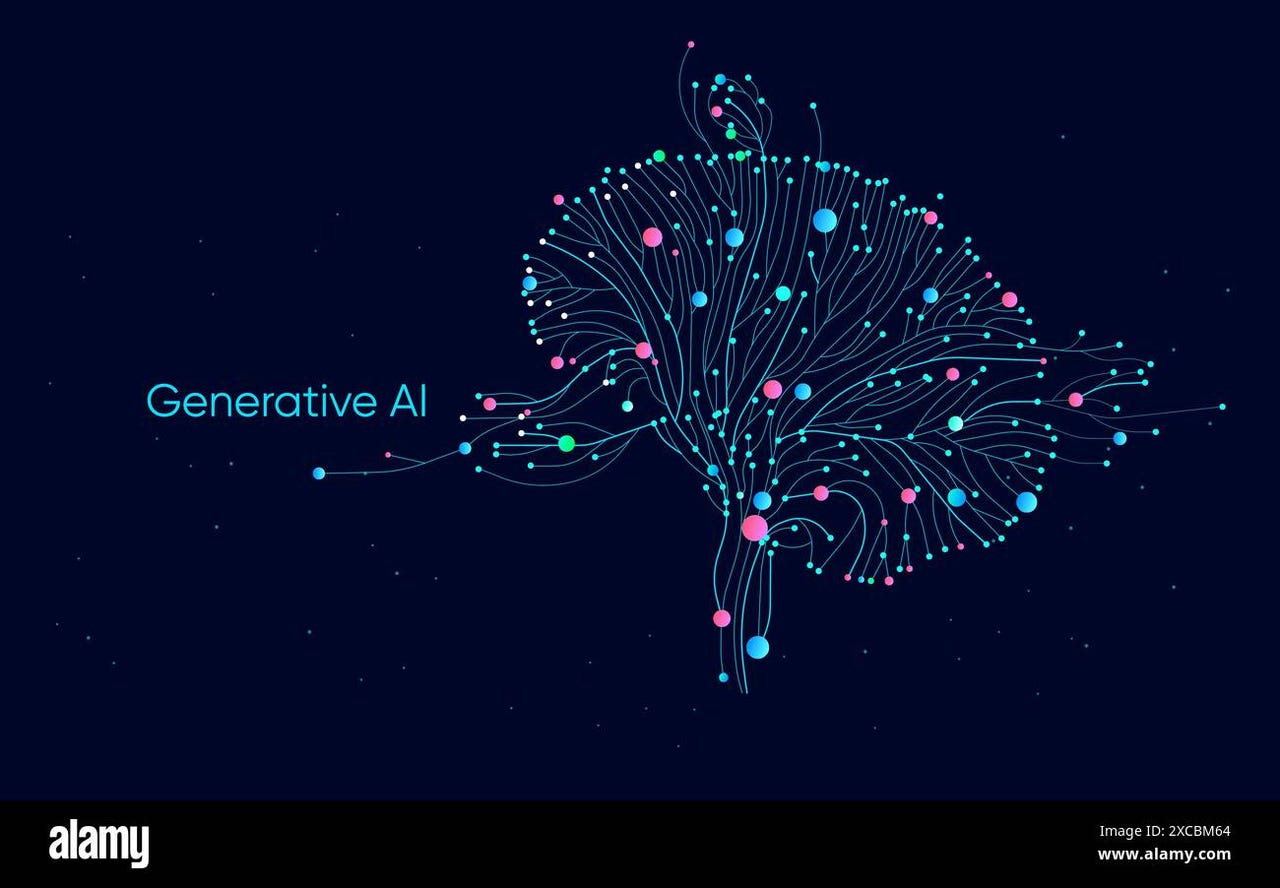Inside India’s GCC hiring surge: What roles and skills are in demand?
GCCs in India will create 500K jobs by 2026, focusing on AI, ESG, and hybrid talent models. Tier 2 cities are key to the next growth phase.


India’s Global Capability Centres (GCCs) are undergoing a generational shift. No longer limited to backend IT services, these centres now drive product development, strategic decision-making, and innovation across sectors.
A new report by People Matters, titled GCC India TalentScope 2025, offers a deep dive into how this evolution is shaping the country’s job market—and what it means for talent, companies, and policymakers.
With over 500,000 new GCC jobs expected to be created in India by 2026, the stakes are high—and the opportunities even higher.
The new face of GCC hiring
One of the most significant shifts in the GCC landscape is the broadening of talent demand beyond tech.
While software engineering still remains foundational, companies are now seeking:
- Data scientists and AI engineers
- Cybersecurity professionals
- Legal, compliance, and ESG experts
- Product managers and UX designers
- Sales and customer experience specialists
This reflects a deeper trend: GCCs are no longer cost-saving centres, but critical to global business strategy.
Companies want talent that can own products, drive innovation, and ensure regulatory resilience across markets.
Tier 2 cities are rising fast
Bengaluru, Hyderabad, and Pune may still be the GCC heavyweights, but Tier 2 cities are quickly catching up.
The report highlights the emergence of cities like Coimbatore, Bhubaneswar, Chandigarh, and Ahmedabad as attractive GCC hubs due to:
- Lower operational costs
- Growing engineering and business talent pools
- Improving infrastructure and policy support
- Reduced attrition rates compared to metros
For companies seeking long-term stability, these emerging hubs offer both financial and strategic advantages.
Upskilling is no longer optional
With the roles evolving, skills need to keep up. The report stresses the growing importance of continuous learning and upskilling as a priority for both employees and employers. In-demand skill clusters include:
- Cloud and DevOps
- AI/ML tools and Python
- Product thinking and agile delivery
- International regulatory and compliance frameworks
- Soft skills like collaboration and problem-solving
Many GCCs are now building internal academies or partnering with Ed-tech firms to ensure their workforce is future-ready.
Diversity, flexibility, and culture matter
The report also notes a shift in employee expectations. India’s new workforce—especially Gen Z—values hybrid work models, DEI (diversity, equity and inclusion) initiatives, and purpose-driven cultures. To remain competitive, GCCs must offer more than just a paycheck. Talent now evaluates workplace culture as critically as compensation.
The road ahead
India is set to become the world’s largest GCC hub by value and not just volume. But capitalising on this opportunity requires more than just hiring—it demands rethinking roles, cities, training models, and people-first policies.



























































.jpg)
















































































































![[The AI Show Episode 151]: Anthropic CEO: AI Will Destroy 50% of Entry-Level Jobs, Veo 3’s Scary Lifelike Videos, Meta Aims to Fully Automate Ads & Perplexity’s Burning Cash](https://www.marketingaiinstitute.com/hubfs/ep%20151%20cover.png)






















































































































![[DEALS] Internxt Cloud Storage: Lifetime Subscription (85% off) & Other Deals Up To 98% Off – Offers End Soon!](https://www.javacodegeeks.com/wp-content/uploads/2012/12/jcg-logo.jpg)





![From electrical engineering student to CTO with Hitesh Choudhary [Podcast #175]](https://cdn.hashnode.com/res/hashnode/image/upload/v1749158756824/3996a2ad-53e5-4a8f-ab97-2c77a6f66ba3.png?#)









































































































































_Michael_Vi_Alamy.jpg?width=1280&auto=webp&quality=80&disable=upscale#)



























































































![This one feature makes the Renpho Lynx the most practical smart ring yet [Hands-on]](https://i0.wp.com/9to5mac.com/wp-content/uploads/sites/6/2025/06/Lynx-review-FI.jpg.jpg?resize=1200%2C628&quality=82&strip=all&ssl=1)



![What Google Messages features are rolling out [June 2025]](https://i0.wp.com/9to5google.com/wp-content/uploads/sites/4/2023/12/google-messages-name-cover.png?resize=1200%2C628&quality=82&strip=all&ssl=1)















![Apple Planning Futuristic 'Glasswing' iPhone With Curved Glass and No Cutouts [Gurman]](https://www.iclarified.com/images/news/97534/97534/97534-640.jpg)

![UGREEN FineTrack Smart Tracker With Apple Find My Support Drops to $9.99 [50% Off]](https://www.iclarified.com/images/news/97529/97529/97529-640.jpg)





































































